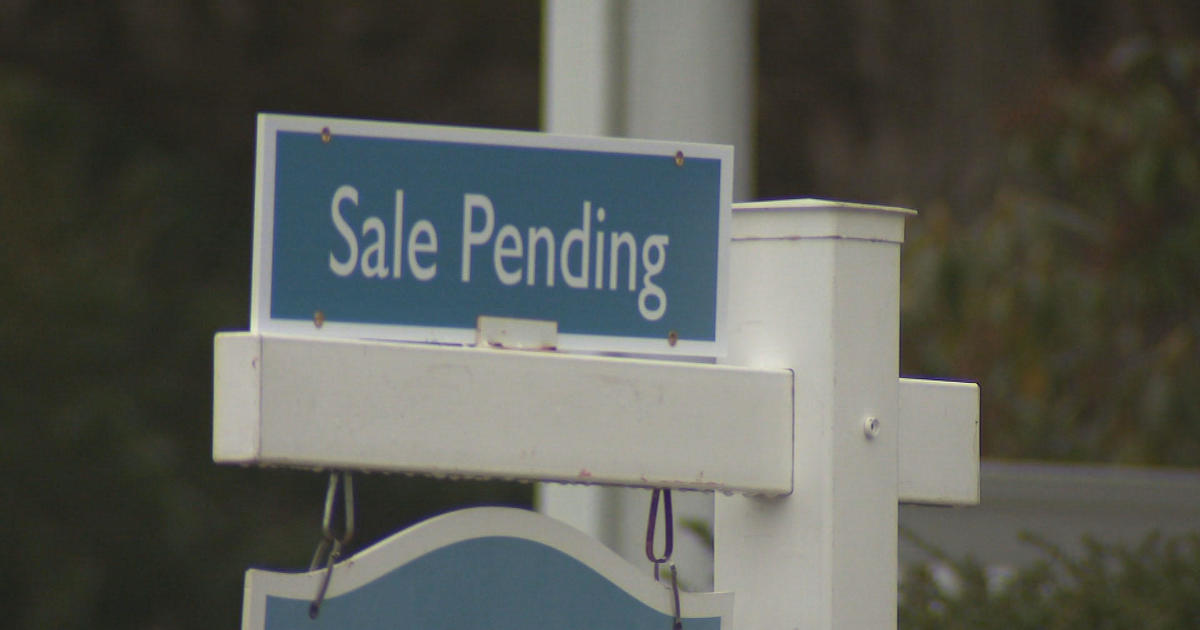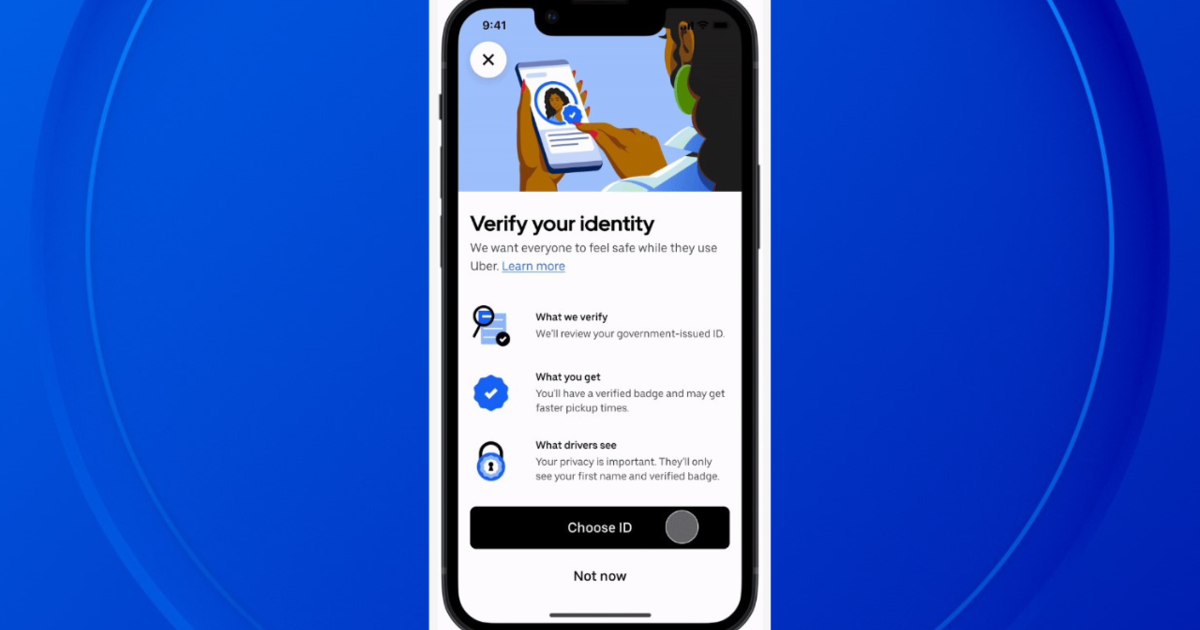How To Hire It Done
How To Hire It Done
Great Remodeling Made Easy with Adam Helfman!
Because you're visiting my website, I know you've got a project in mind that you've wanted to do - maybe for years, or maybe just a repair that needs urgent attention. Lucky for me, you've found my website - and lucky for you, I'm going to help you Hire It Done Right!
Using this website is the first step to a great result: Just visit the "Request a Quote" page, and give me the details of your home and your project. I'll match you up with up to 4 well qualified contractors who are licensed, insured, reputable, and I know from previous experience, know how to get the job done right. When they call you, your job is to make yourself available to meet with them, be candid with what you expect, and ask a lot of really good questions, which I've outlined below.
So, it all starts with having a good, pre-screened group of contractors to choose from. As your project moves along, feel free to email me with your questions, comments and experiences. If you are really motivated, take pictures along the way and post them to the "Before and After" section of my website. And, listen to my radio show every weekend, so you can learn from others and share your experiences!
Here are my "top tips" for finding the right contractor for your project:
Just like a marriage, your relationship with your contractor will only be as good as your communication with each other. Many times the relationship between the two sours because of expectations not met. Remodeling and renovation are collaborative efforts between the homeowner and the contractor. The following questions and tips may not guarantee a seamless route, but should provide an important level of confidence in the hiring process.
- Ask for a list of references and don't be shy about calling them.While it seems like a no-brainer, people tend to trust what they hear, especially when it comes from a professional. First impressions are certainly important, but speak with two or three people who have used the contractor and have had experience working with them for several months.Here are a few important things to ask:
- How was the quality of the workmanship?
- Did the contractor stay on budget according to the original estimate?
- Did he contractor require change order forms, and if so, was there a change fee?
- How punctual was the contractor? Did he meet benchmarks on time?
- Was it easy to communicate problems as the project proceeded?
- Was the job site clean and safe?
- Was the contractor on site to supervise?
- Would you use this contractor in the future?
Also, note that not all references are the same. There are several types of references you should ask for in addition to checking with your municipal courts to see if the contractor has been involved with any lawsuits. Ask for a reference from a client whose job is in progress or has been completed within the last 12 months; a client whose job has been completed within the last three years; and a client whose job is more than three years old.
- Don't be pennywise and pound-foolish; compare on more than price.Of course the bottom line is a substantial factor in deciding who is going to get your job, but it should not be the be-all and end-all. A good rule of thumb is to solicit at least three bids, and require that each bid has a breakdown of materials used for the project. This will allow you to compare whether all things are equal -- or if the quality of materials differs between bids. If one is considerably lower then it's likely that the workmanship, or materials used, are of lower quality. Remember the old adage: If it's too good to be true -- it's usually not.
- How long has the contractor been in business?No one can be in business for long in this field if they're not good at what they do. I recommend hiring someone who has at least five or 10 years experience. The longer someone has been building the more likely it is they have been doing it correctly.
- Proper insurance coverage really does matter.It is critical to verify that the contractor has the proper insurance in place prior to hiring. This will indemnify the homeowner from potential lawsuits due to work-related accidents. There are two types of insurance a contractor must carry in order to operate: General Liability Insurance - which covers you in case there is damage on the job site; and Worker's Compensation Insurance - which protects you in case there is an accident on the job. Independently verify that these policies are up-to-date by contacting the policy issuer and requesting copies be sent directly to your home. Prior to work commencing, your name and address should be included on the policy itself as an additional layer of security.
- Read -- don't skim -- a contract.The paper you sign is legally binding and should specifically spell out what the contractor is being hired to do; the estimated start and end dates; materials that will be used; a payment schedule; and warranty information. In addition, make sure there is a clear dispute resolution clause that will allow you the ability to have your grievances acknowledged and arbitrated on.
- Feel comfortable communicating.If you can't talk to your contractor, to share your ideas and concerns, then this collaborative relationship can quickly turn adversarial. Your contractor should make you as much a part of the process as you would like to become without impeding the progression. It's your home, your job and your future. While all relationships have their high's and low's, it's important to always have a line of communication available to prevent hard feelings and unrealistic expectations.
It's not always easy but the process of home improvement is a marathon, not a sprint. The finish line is never immediately in site, but the journey along the way can make the end that much sweeter. Keep your expectations realistic: homes are built out of organic materials that are subject to warping, cracking and changing over time. Contractors are not omnipotent and not every problem can be foreseen prior to commencement. An informed consumer is an empowered consumer.
If you have questions along the way, go to our "Ask Adam" section of this website. Your home is your most important asset - an investment you make today will increase its value and your enjoyment for years to come!



